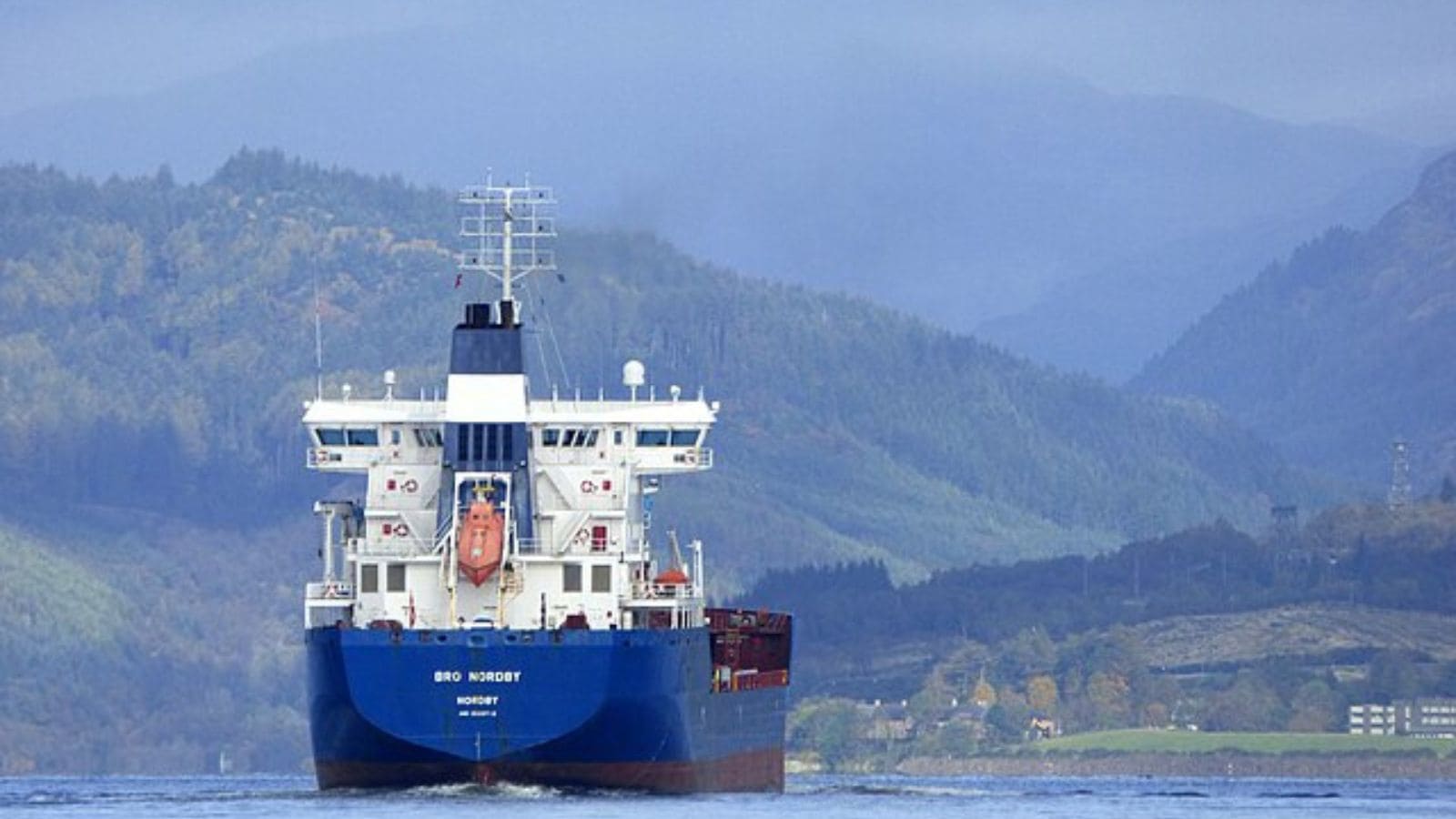Radioactive water from the UK’s nuclear weapons storage site at Coulport was allowed to enter the sea after a series of burst pipes, according to official files obtained by The Guardian. The Scottish Environment Protection Agency (Sepa) found that the leaks, which released low levels of tritium into Loch Long near Glasgow, were the result of “shortfalls in maintenance” by the Royal Navy.
The depot stores nuclear warheads for the UK’s fleet of Trident submarines.
Sepa inspection reports, released after a six-year freedom of information battle, indicate that up to half of the base’s 1,500 water pipes were beyond their design life when the incidents occurred. A major leak in August 2019 flooded a nuclear weapons processing area. Contaminated water then passed through an open drain into Loch Long.
While Sepa said the radioactivity was too low to threaten public health, it criticised the Navy for producing “unnecessary radioactive waste” and for poor asset management.
Earlier bursts had been recorded in 2010 and 2019, with further incidents in 2021, one in another area containing radioactive material.
By 2022, Sepa said progress on 23 remedial measures promised by the Ministry of Defence (MoD) had been “slow and delayed in many cases”.
The cache of inspection reports and internal emails was shared with investigative website The Ferret and given to The Guardian.
Story continues below this ad
The MoD had resisted release for national security reasons, but Scottish Information Commissioner David Hamilton ruled in June that the files mostly concerned reputational risks, not security threats.
They were finally published in August after further MoD delays. The MoD insisted there had been “no unsafe releases” of radioactive material.
(With inputs from The Guardian)

